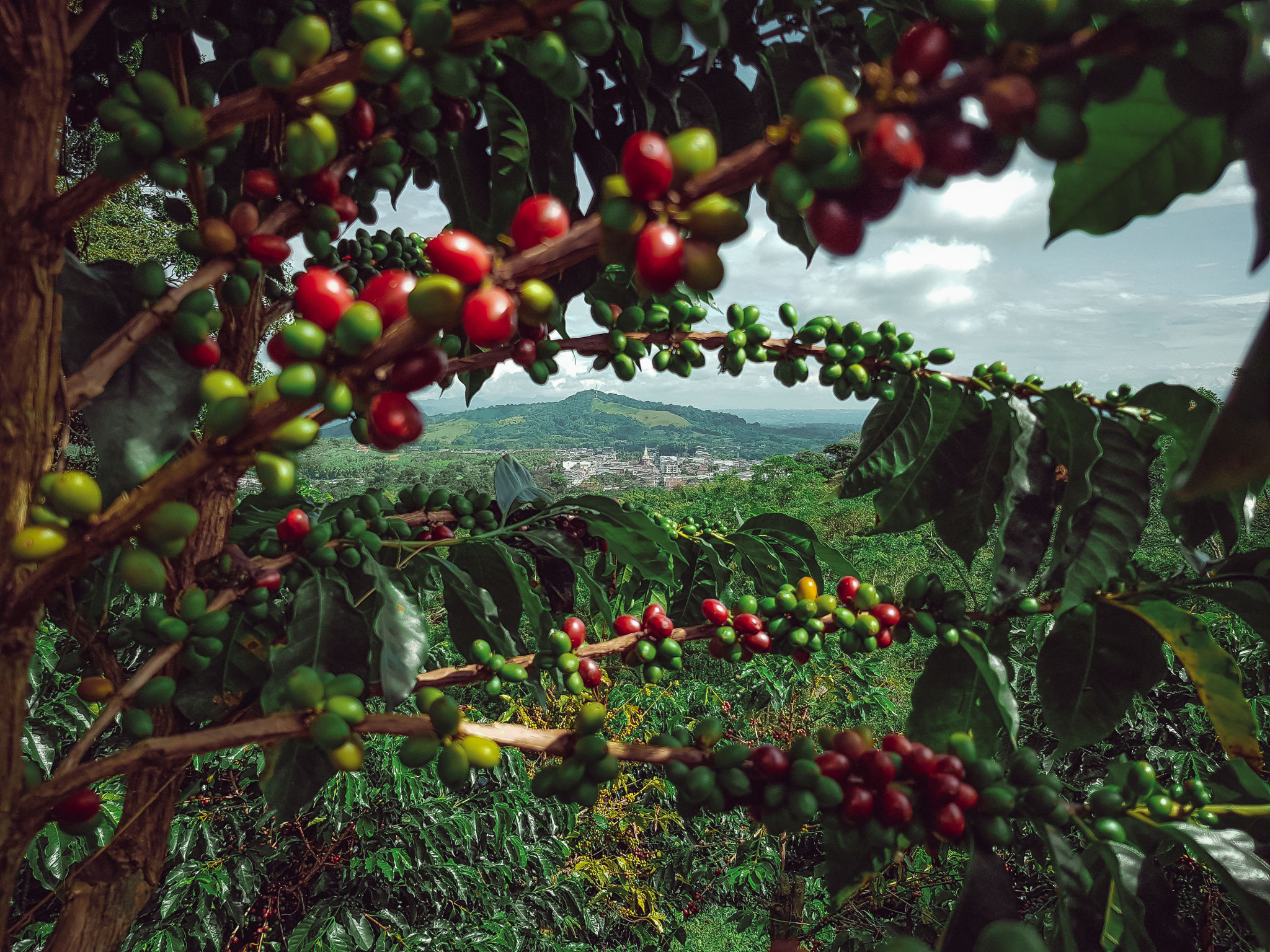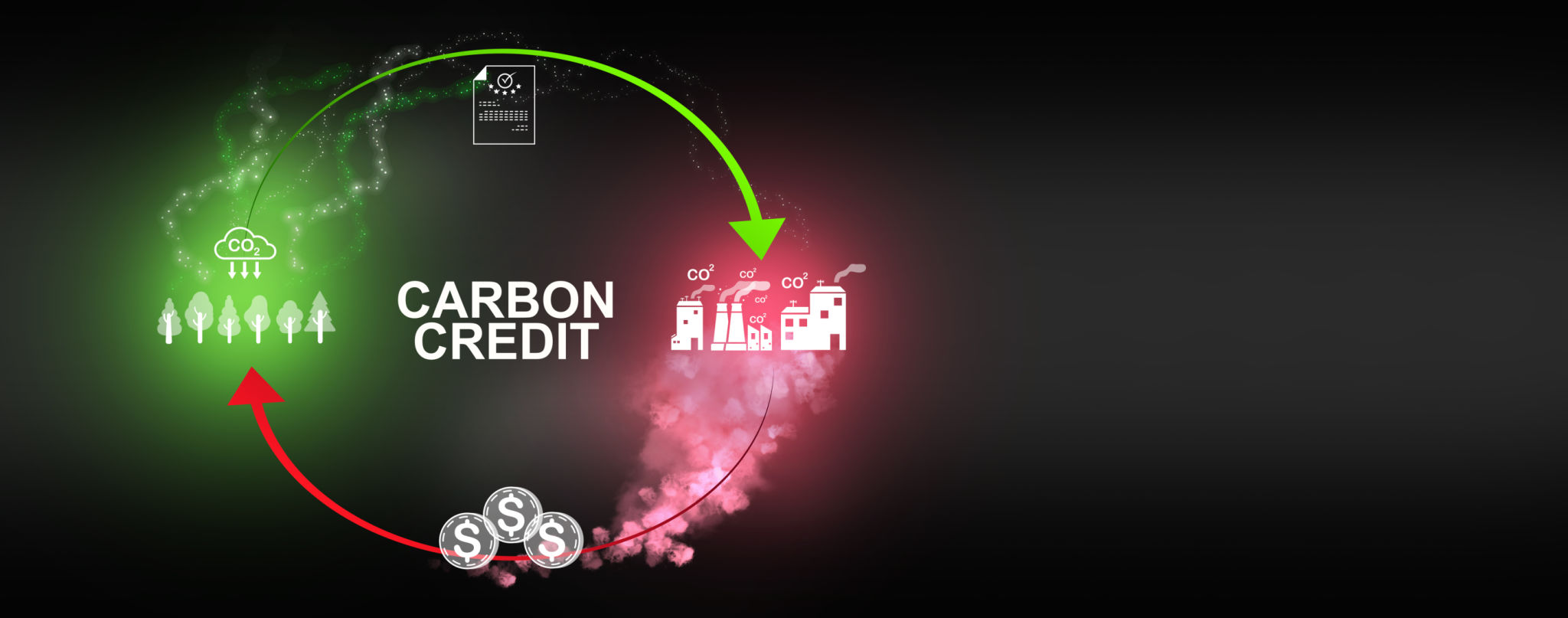Case Study: Successful Web3 Sustainability Projects in Brazil
Introduction to Web3 and Sustainability
In recent years, the emergence of Web3 technologies has opened up new possibilities for promoting sustainability. These decentralized systems are not only transforming industries but also offering innovative solutions to environmental challenges. In Brazil, a country with vast natural resources and a pressing need for sustainable practices, several projects have successfully harnessed Web3 technologies to make a positive impact.
Web3, often characterized by decentralized networks and blockchain technology, provides a transparent and secure framework for various applications. From supply chain management to carbon credit trading, Web3 is reshaping how we approach sustainability. Let's delve into some of the successful Web3 sustainability projects in Brazil that are making a difference.

Blockchain for Transparent Supply Chains
One of the most compelling applications of Web3 in Brazil is the use of blockchain technology to create transparent supply chains. By tracing the source of products, consumers can make informed decisions about the environmental impact of their purchases. This transparency is particularly crucial in industries like agriculture and forestry, where sustainable practices are vital.
A notable project in this realm is focused on coffee production. By utilizing blockchain, Brazilian coffee producers can track the journey of coffee beans from farm to cup. This not only ensures fair trade practices but also reduces the carbon footprint by optimizing logistics and reducing waste. As a result, both producers and consumers benefit from a more sustainable and ethical supply chain.

Tokenizing Carbon Credits
Another innovative Web3 application in Brazil is the tokenization of carbon credits. By converting carbon credits into digital tokens, these projects facilitate easier trading and investment in carbon offset initiatives. This approach not only encourages businesses to reduce their carbon emissions but also makes it accessible for individuals to participate in sustainability efforts.
One project has successfully implemented a blockchain-based platform where companies can purchase tokenized carbon credits to offset their emissions. This platform also allows individuals to invest in green projects directly, creating a more engaged and environmentally conscious community. The transparency and efficiency of blockchain technology ensure that every transaction is secure and verifiable.

Decentralized Energy Solutions
Brazil is also exploring decentralized energy solutions powered by Web3 technologies. By utilizing blockchain, communities can manage renewable energy resources more effectively, reduce reliance on centralized power grids, and promote energy independence.
An example of this is a project that leverages blockchain to facilitate peer-to-peer energy trading among households using solar panels. This system empowers residents to trade excess energy with neighbors, optimizing resource usage and reducing waste. Such initiatives illustrate how Web3 can support localized solutions to global energy challenges.
The Future of Web3 Sustainability in Brazil
The success of these projects demonstrates the potential of Web3 technologies to drive sustainable development in Brazil. As more sectors adopt these innovations, the positive impact on the environment and society is expected to grow exponentially.
By fostering collaboration between technology developers, government bodies, and local communities, Brazil can continue to lead the way in deploying Web3 solutions for sustainability. The lessons learned from these projects serve as valuable blueprints for other countries seeking to leverage technology for environmental stewardship.

